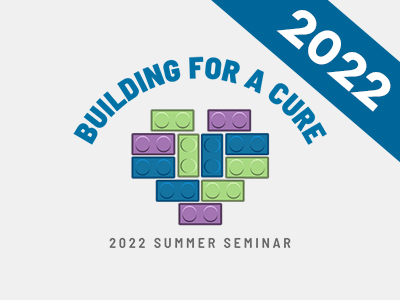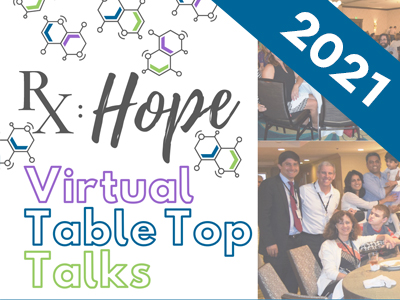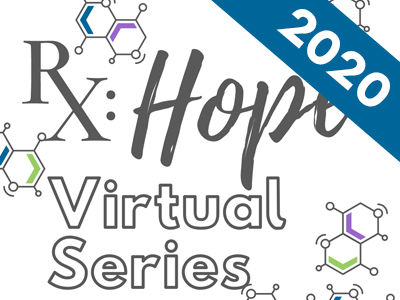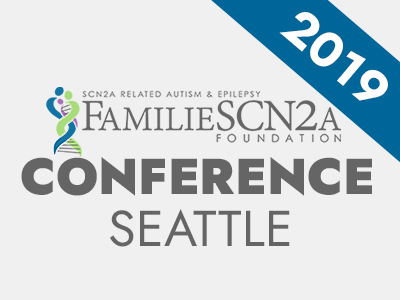Participation in research is our greatest hope for better treatments and cures for all SCN2A-related disorders! To accelerate research, the best thing patients and their families can do is to learn about their SCN2A variant and available research projects. Here you will find educational resources on research and drug development processes, clinical trials, and SCN2A-specific projects. To stay up-to-date, please join our email list.
Types of medical research & your participation
Clinical research is medical research involving people. Research asks volunteers to do something: Take a medication or complete a task while collecting information for and/or about them. Research provides scientists an effective way to find answers to important questions and to use that knowledge to create new treatments, and maybe a cure, for common and rare diseases. Every research study is different because researchers use different methods and study a wide range of topics. Some research might benefit you as a volunteer, while others may not. Taking part in research can be a rewarding experience but it is important to know what to expect before you decide to participate.
Research helps find new and better ways to detect, diagnose, treat, and prevent disease. Here are the most common types of clinical research:
Registry - A registry is a collection of information about individuals, usually focused around a specific diagnosis or condition. Individuals provide information about themselves to a registry on a voluntary basis. The Simons Searchlight project (ongoing) was the first registry of SCN2A patients.
Natural History Study - A NHS is a collection of information about individuals that provides valuable information about how disease and health progress over time. Data is generally collected retrospectively over the course of a disease using medical records, surveys and interviews with patients.
SCN2A Clinical Trial Readiness Study - The CTRS is a prospective study collecting data over a one year period in order to identify the most effective tools to measure changes in SCN2A patients. This type of data is important when developing treatments so that it can be demonstrated that a treatment is effective. (Phase 1 closed; Phase 2 TBA)
Translational - Applying basic scientific knowledge to identified medical needs in hopes of creating a new drug, therapy, or treatment for people, i.e. translate scientific data into a solution.
Genetic - Identify and understand the relationship between genes and illness. This information can help predict the genetic structures most likely to develop a particular disorder.
Observational - Studies in which people are followed (observed) by researchers over a period of time to determine health outcomes.
Epidemiological - Examination of specific populations to clarify how often a disease occurs or is found in a given group, the individual factors that can make the disease worse, and the types of lifestyle decisions the people make.
Interventional/Clinical Trials - Evaluate and test the usefulness or safety of new interventions such as medication, treatment method, or device. There are several kinds of clinical trials, including:
- Prevention trials look for better ways to prevent a disease or condition from occurring in people who have never had the disease. They also explore how to prevent the disease from returning. Approaches may include medicines, vaccines, or lifestyle changes.
- Screening trials test new ways of detecting diseases or health conditions.
- Diagnostic trials study tests or procedures designed to diagnose a particular disease or condition.
- Treatment trials test new treatments, drugs, combinations of drugs, or new approaches to surgery or radiation therapy.
- Behavioral trials evaluate or compare ways to promote behavioral changes designed to improve health.
- Quality of life trials explore and measure ways to improve the comfort and quality of life for people with certain conditions.
- Become familiar with your genetic change. Speak with your neurologist and genetic counselor. Learn the terminology (e.g. Missense, Nonsense, Mosaic, DeNovo, Gain of Function, Loss of Function). Use the tools and information, including educational videos provided on this site. Subscribe to the FamilieSCN2A Foundation email list to receive up-to-date information.
- Collect your medical records and have them organized, preferably as scanned or electronic copies. If you have participated in Simons VIP/Searchlight, they can assist you with this process. If you have a Ciitizens/Invitae account you can share information electronically with anyone you choose. If your medical provider has an electronic health record system (such as ‘mychart’) you can retrieve information from there.
- Discuss with your physicians whether participation in a particular clinical trial is appropriate for you and your family. Ask if they are willing to connect with a trial sponsor or principal investigator if necessary.
- Know your patient rights. If it is not clearly stated in the informed consent document, ask questions about confidentiality and how the data will be used. Will it be returned to you or to one of SCN2A's databases: Simons VIP/Searchlight or CRTS? (Did you know that you can request that any bio-specimen samples, including iPSCs (stem cells), be returned and housed with Simons so other researchers can utilize them?)
- If you are contacted to participate in research and you are unsure about the ethics involved or have not heard about the study through the FamilieSCN2A Foundation, please contact us at Research@SCN2A.org. We can help you determine the legitimacy of the research as well as ensure that all avenues to collaboration are open for the best interest of the community.
- Review the Patient Bill of Rights from The National Institutes of Health.
- Helpful links for additional information:
- Kids in Research
- Rare Disease Research in Europe (EURODIS)
We encourage all patients enrolled in research to create a CRID (Clinical Research ID.) This is a free service that allows you to take control of your own data. By sharing your CRID, researchers can then reuse, merge and share your research data without using your PII (Personal Identifiable Information) or PHI (Personal Health Information). For more information, read this recent publication.
To create your CRID today visit https://thecrid.org. It takes 5 minutes!




